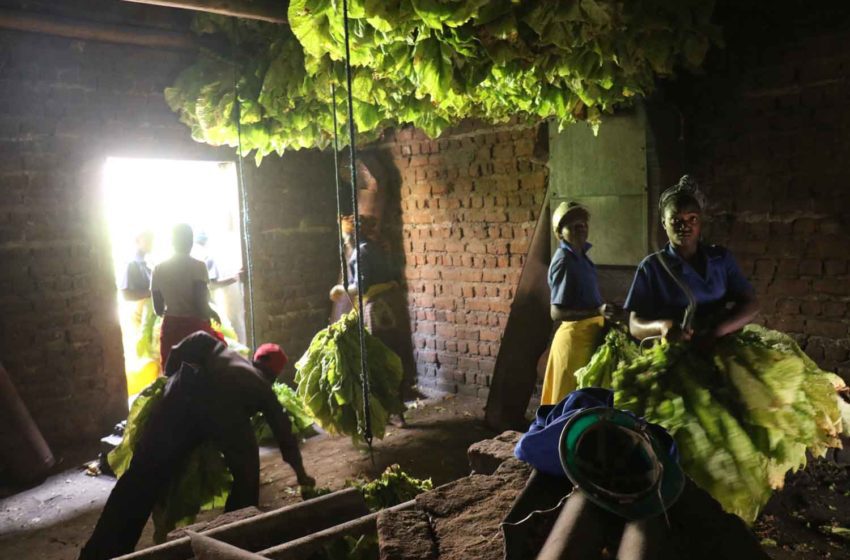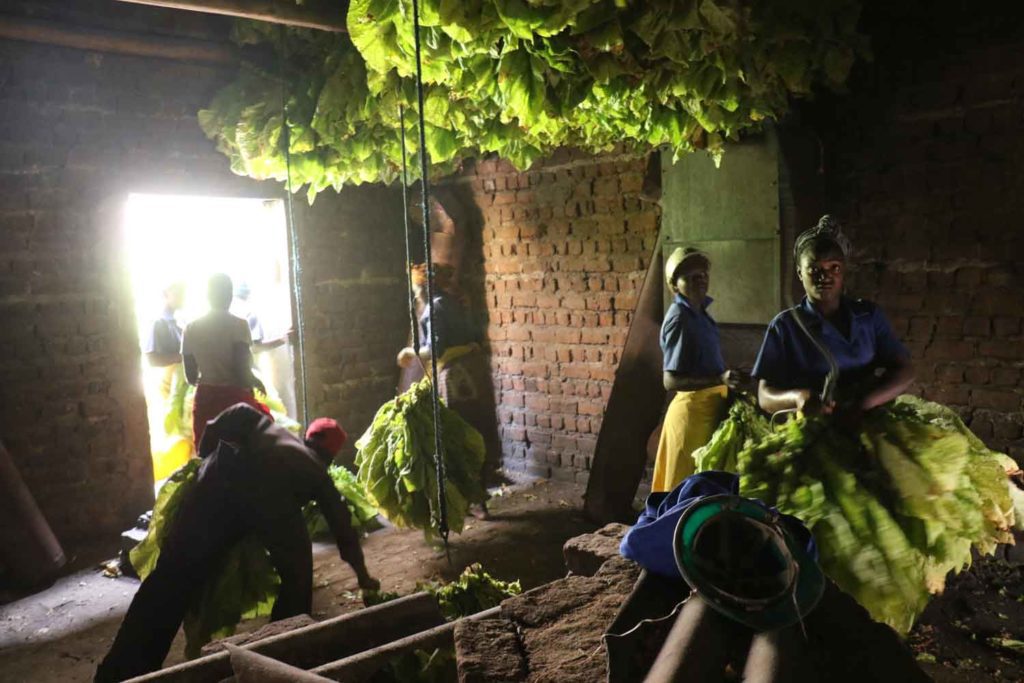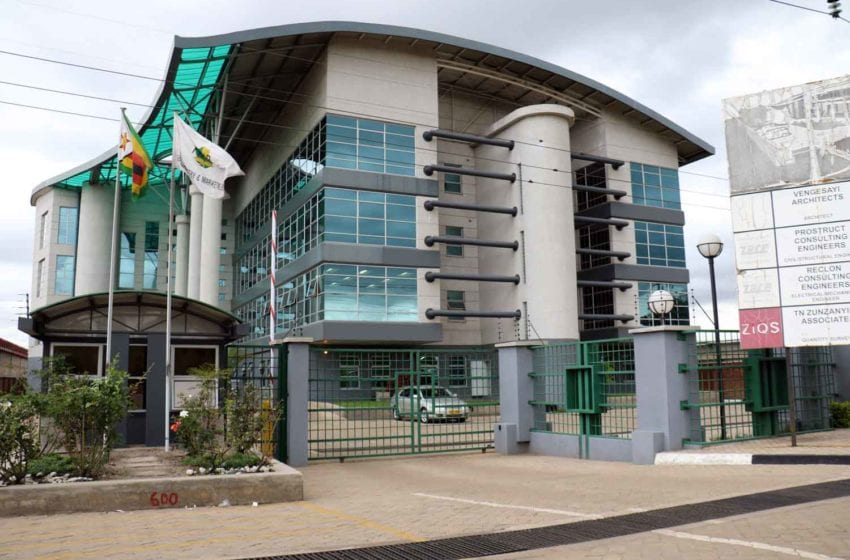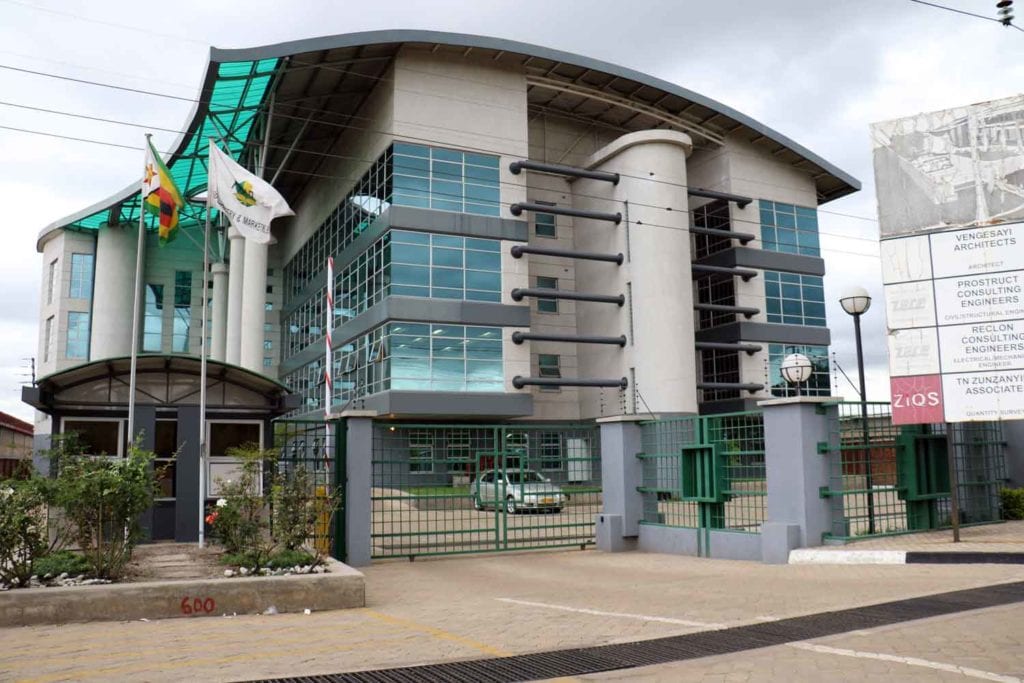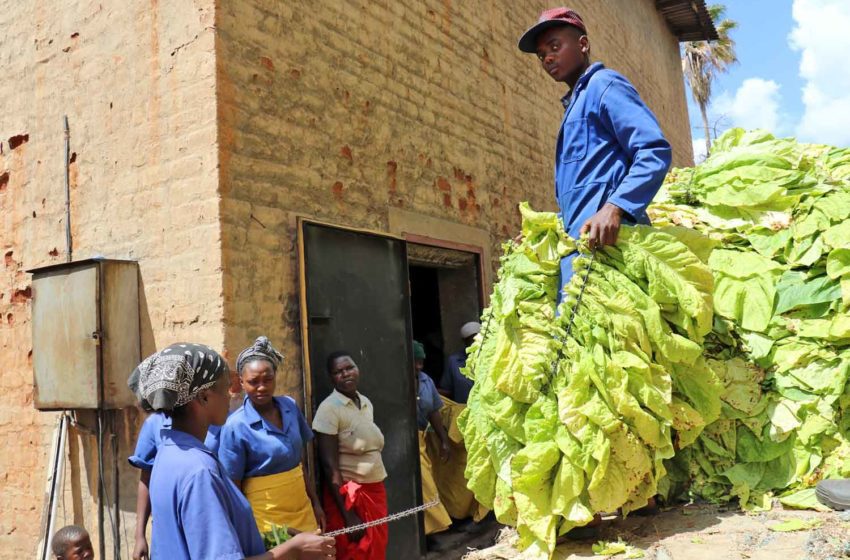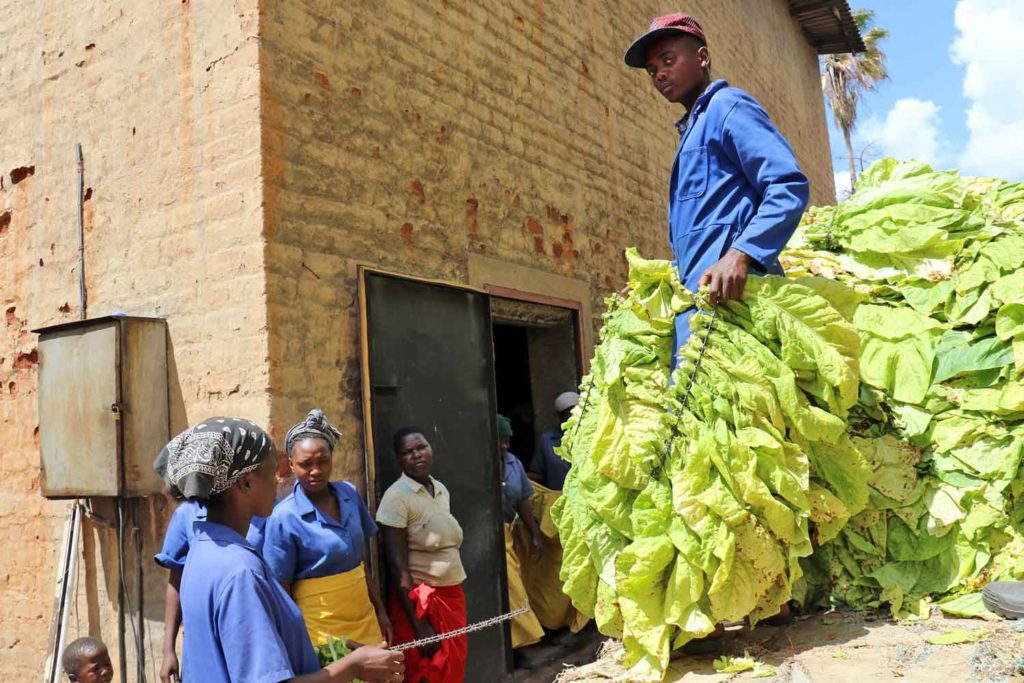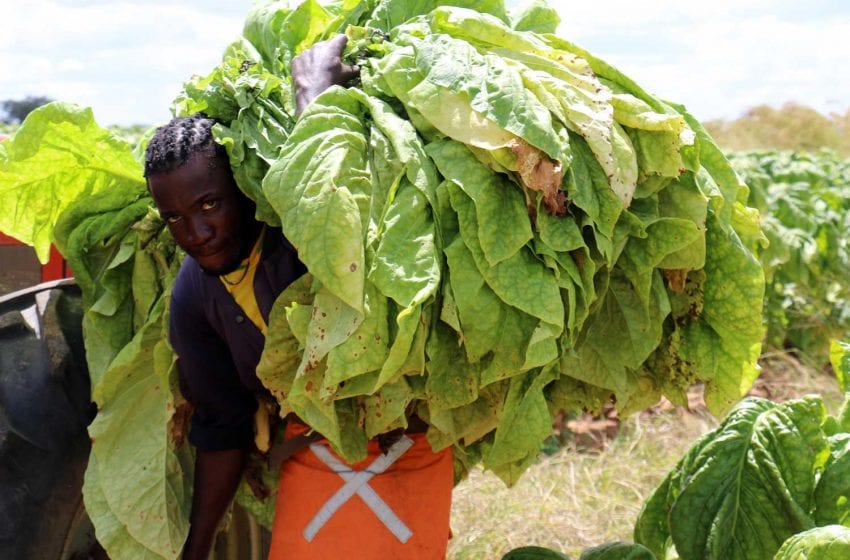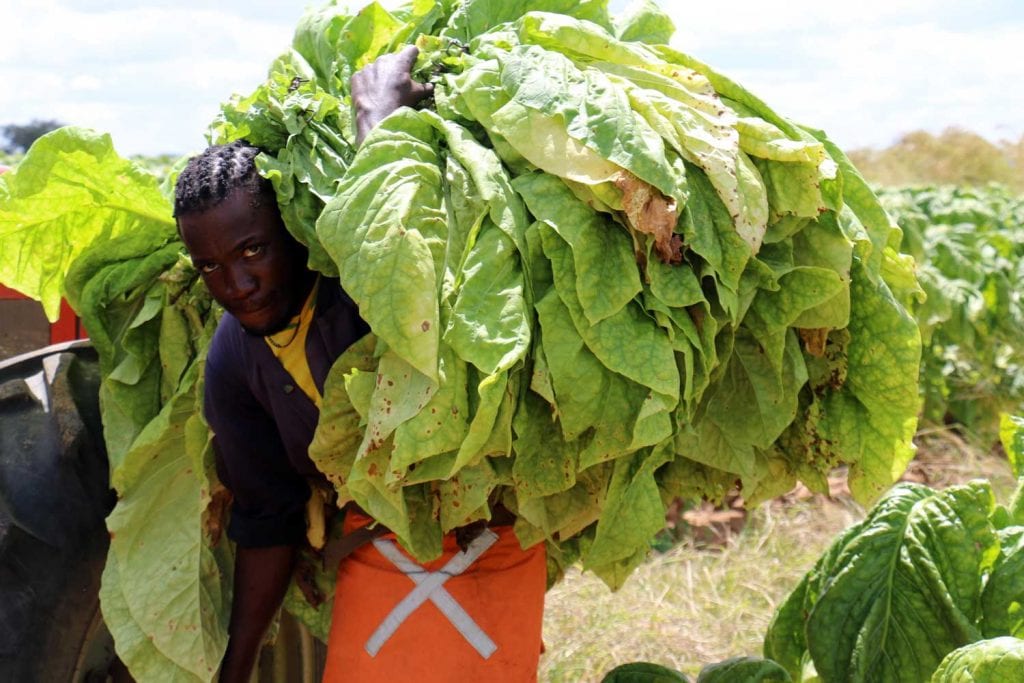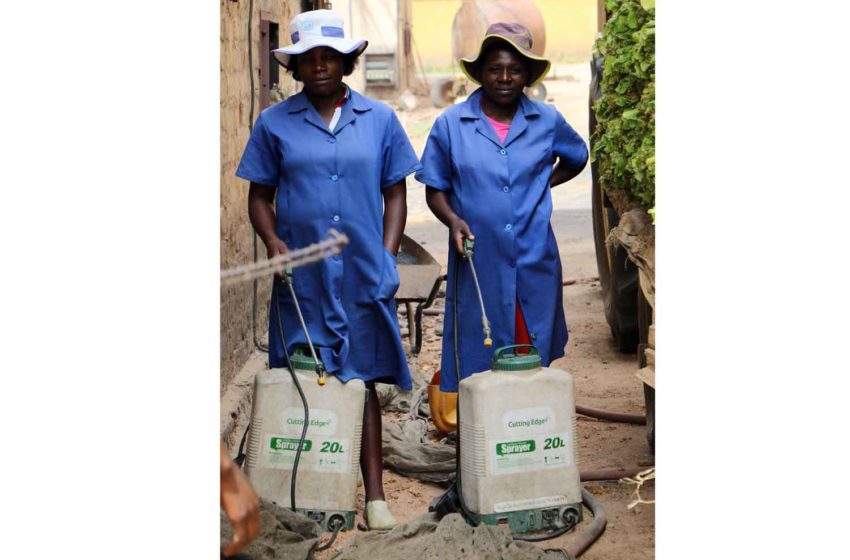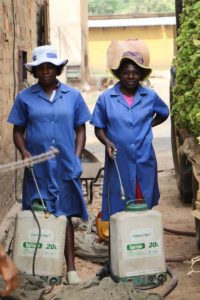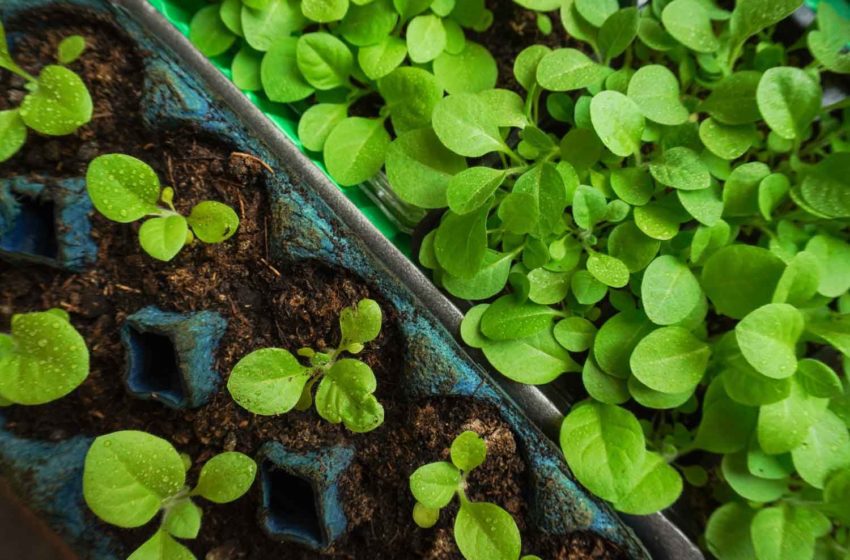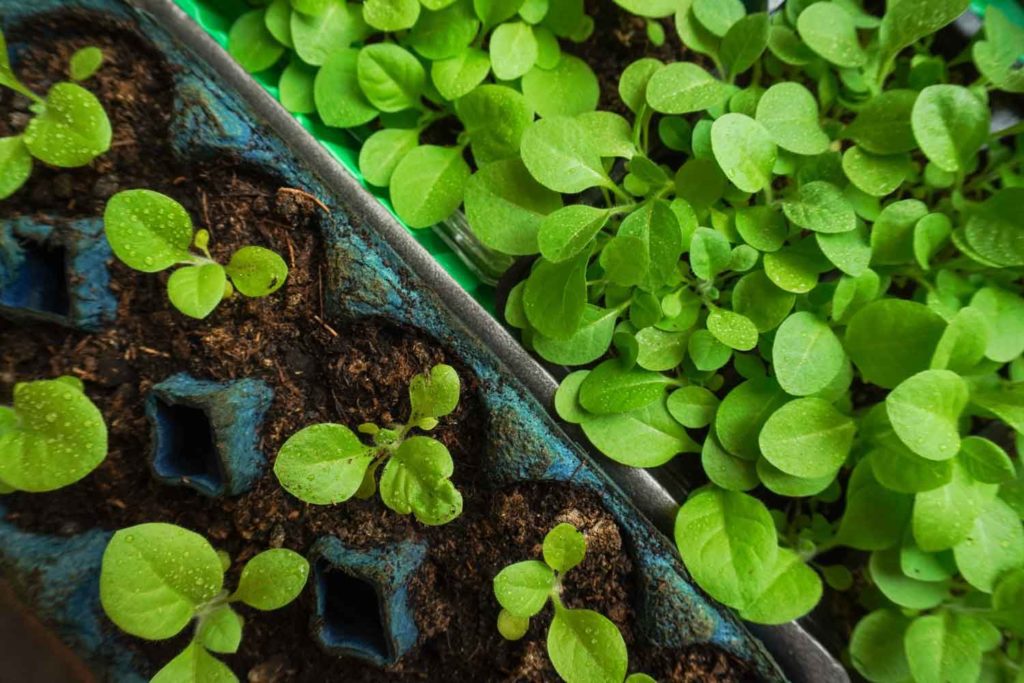
A significantly higher volume and quality of tobacco leaf is expected in Zimbabwe this year due to good rains during the farming season, reports Xinhua News.
The quality of the crops is good and will likely bring in high prices, according to George Seremwe, president of the Zimbabwe Tobacco Growers Association.
“This year, we have got a very good crop,” said Seremwe. “Even the dry land crop, which is rain-fed, is looking like the irrigated crop because the rains were quite good.”
The Tobacco Industry and Marketing Board is still assessing crops to determine the expected output.


